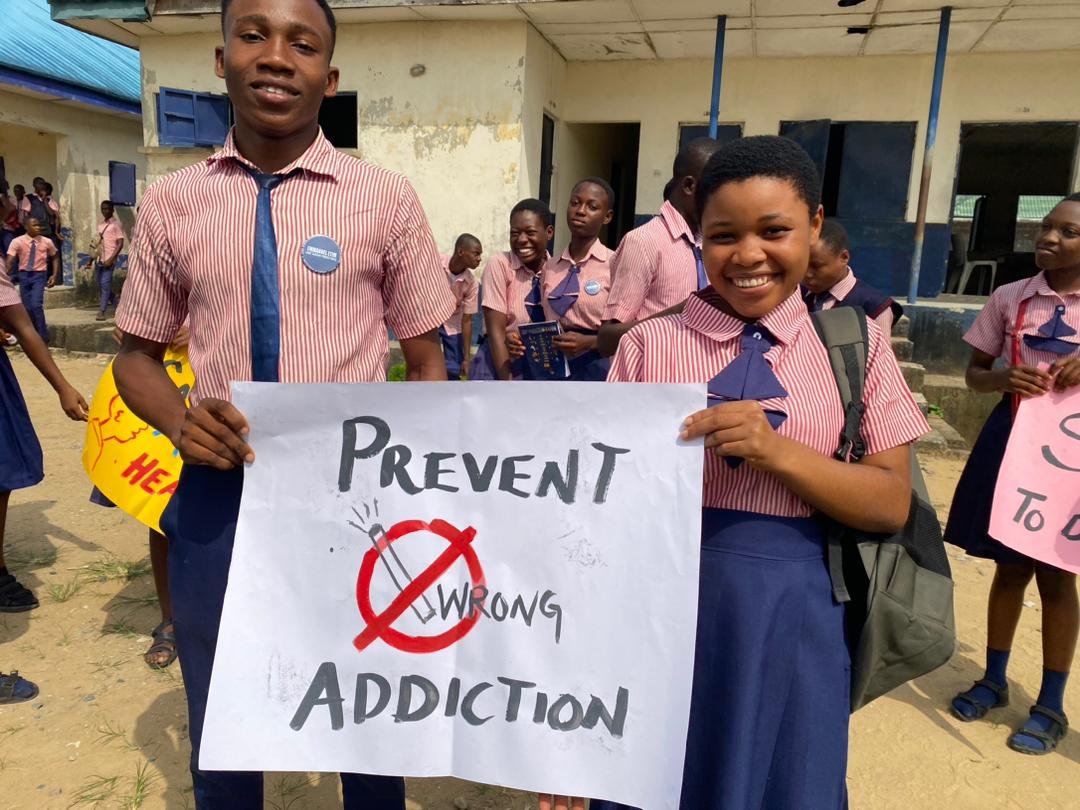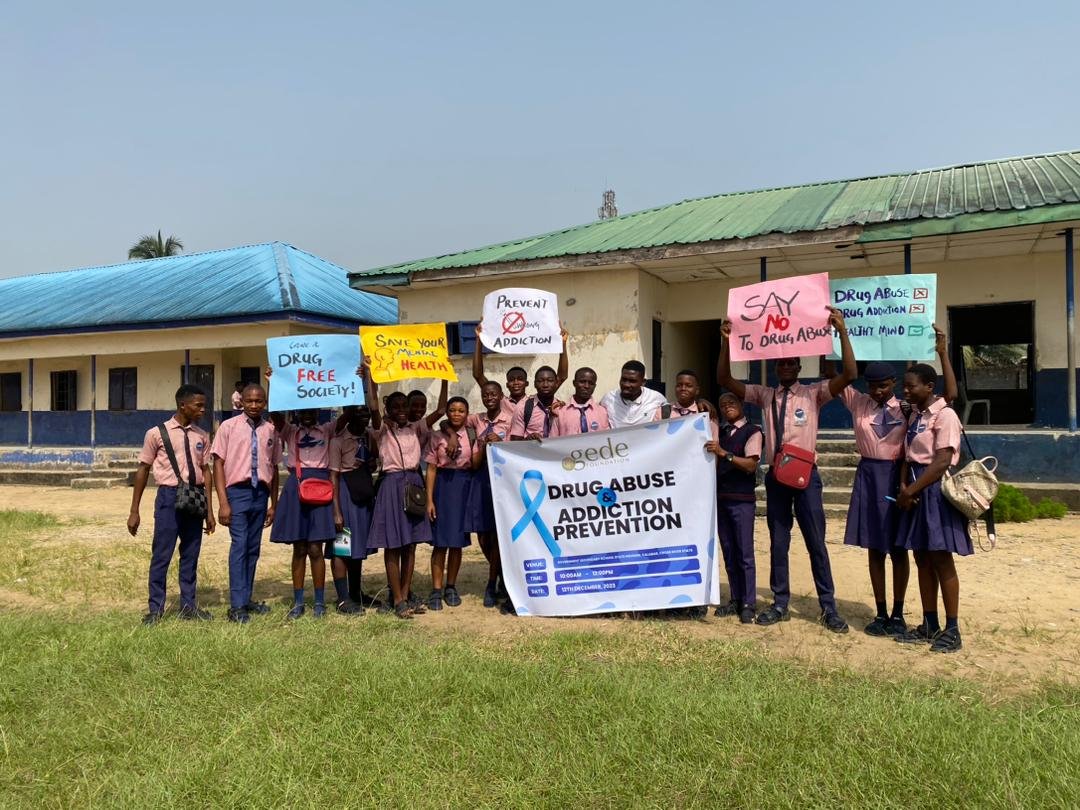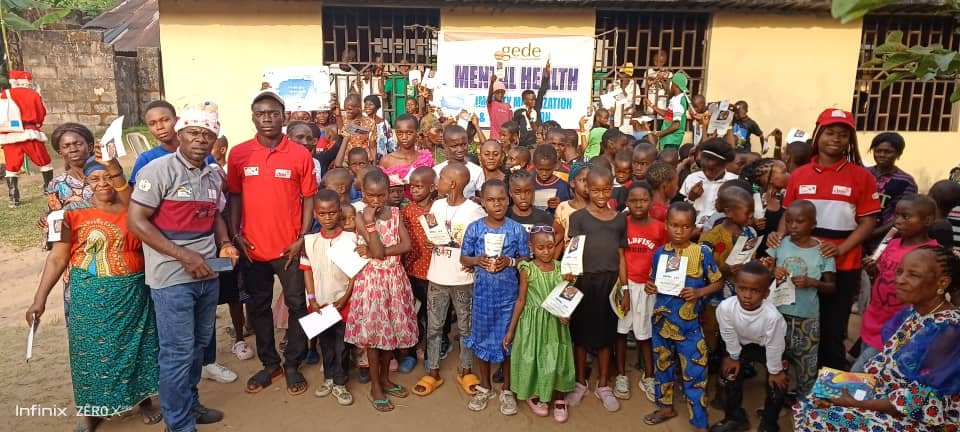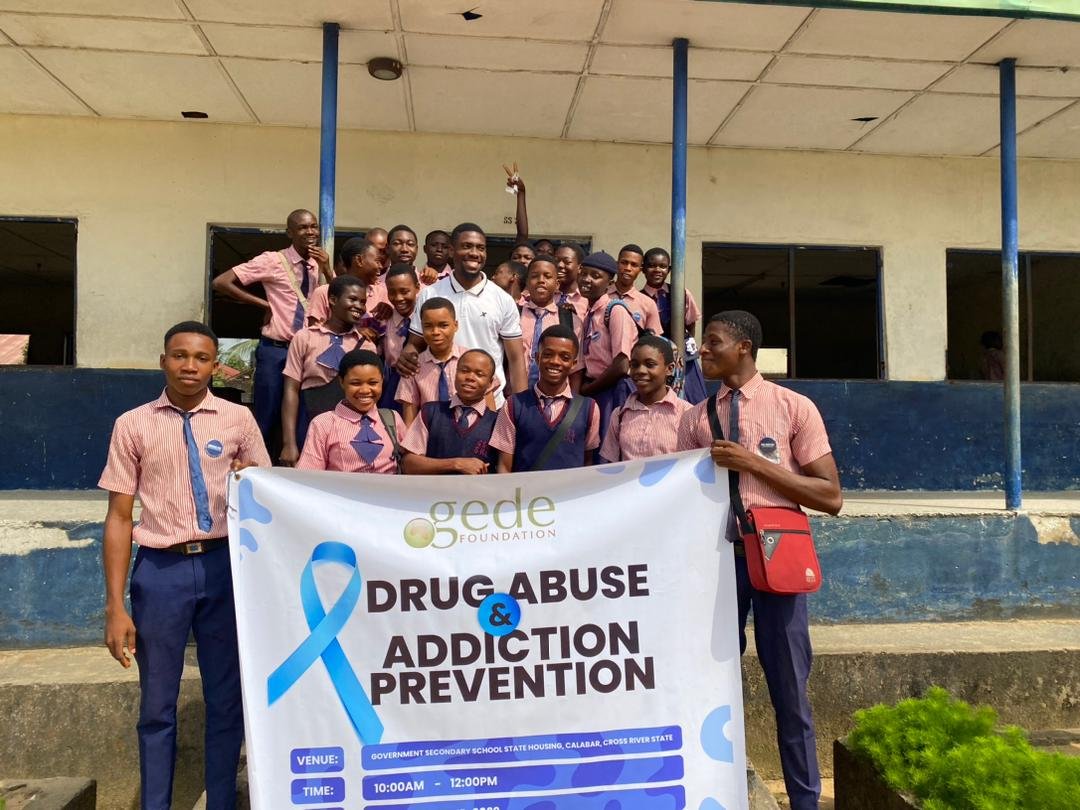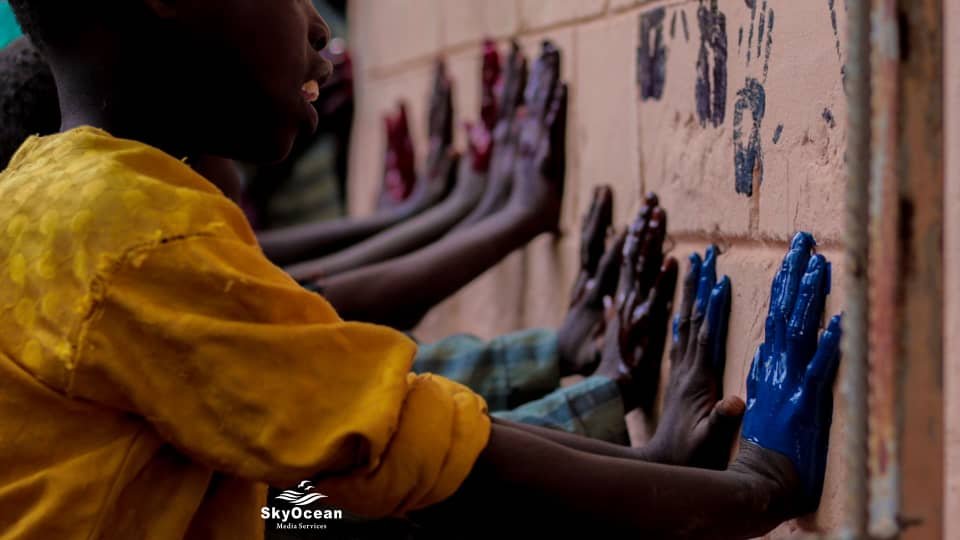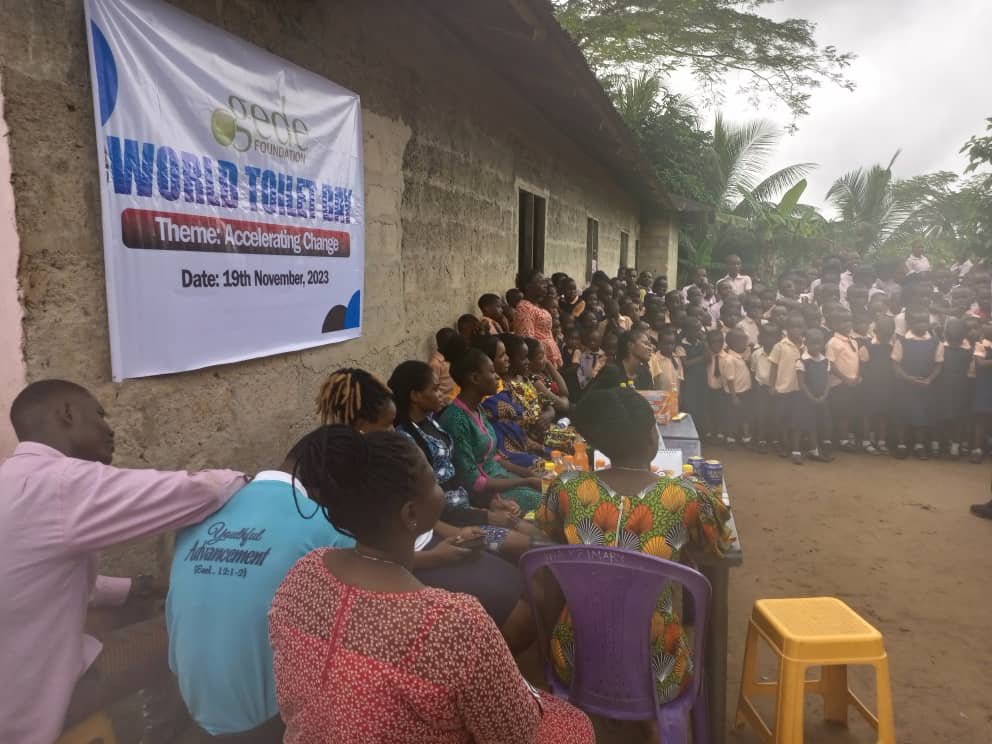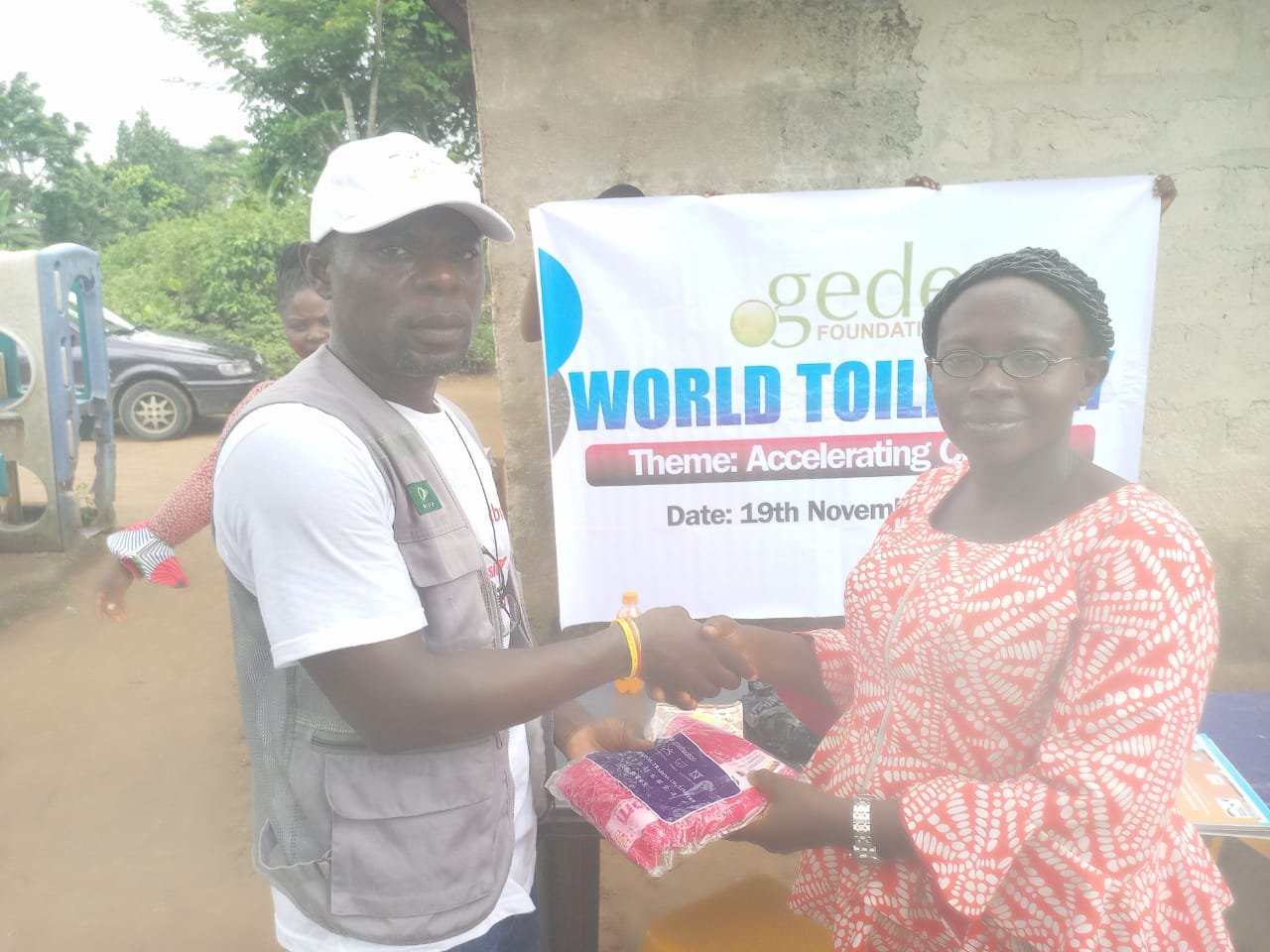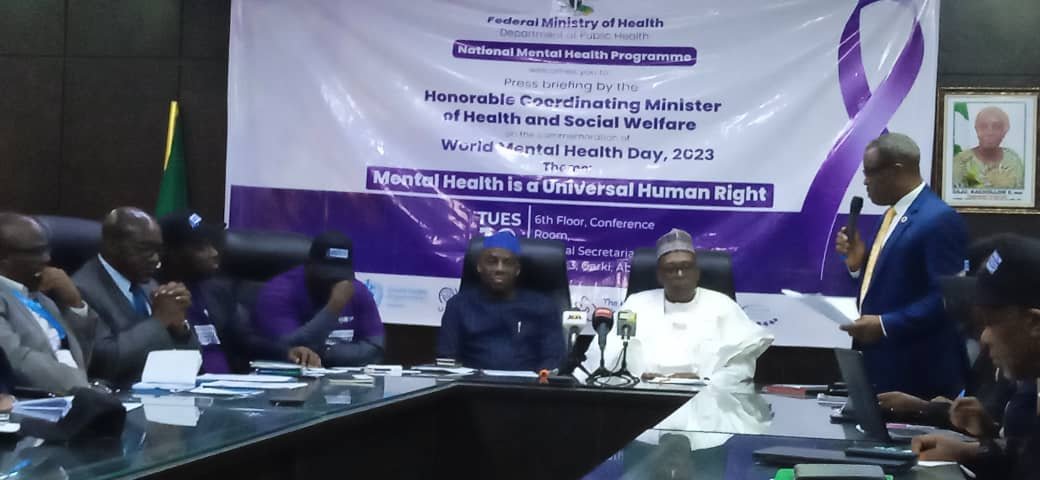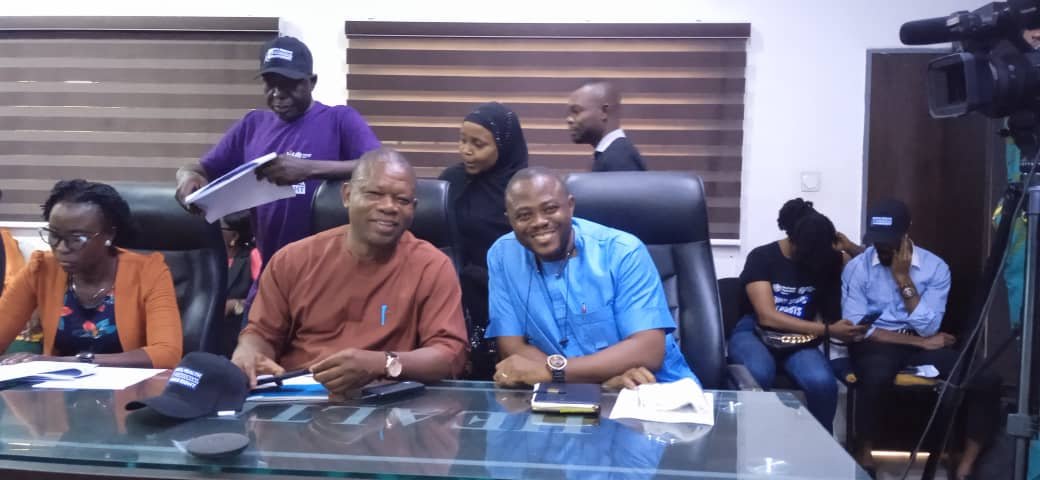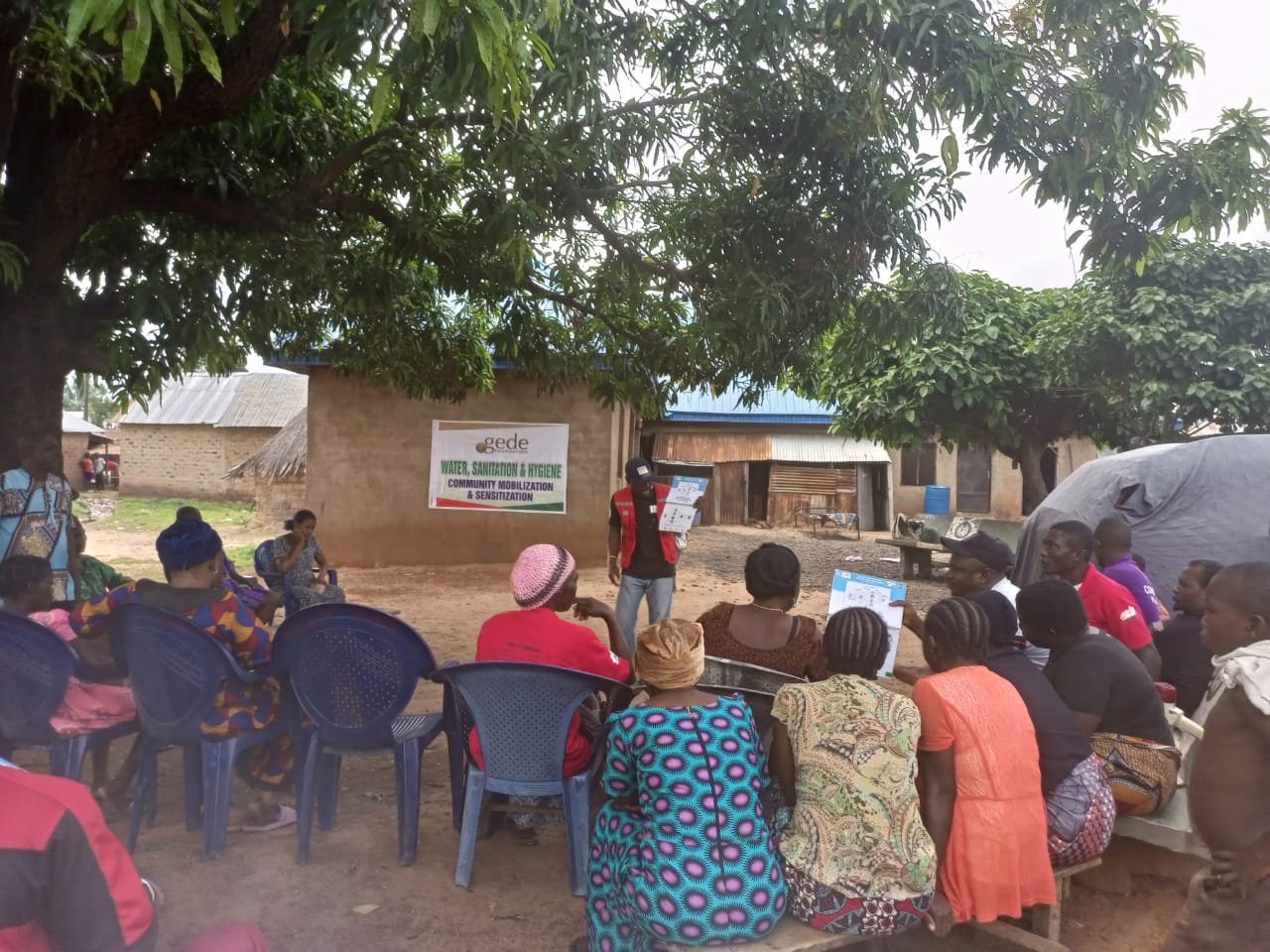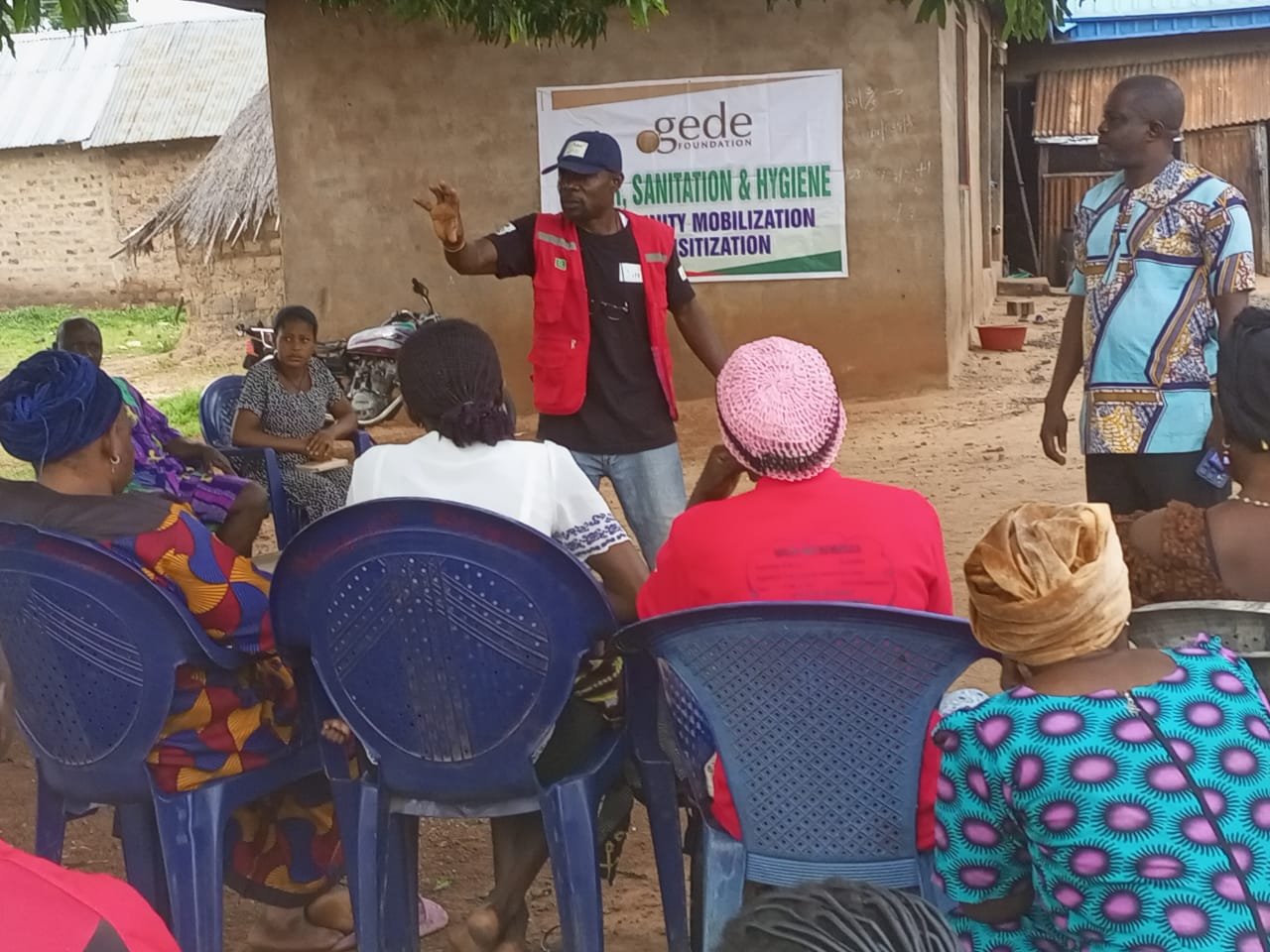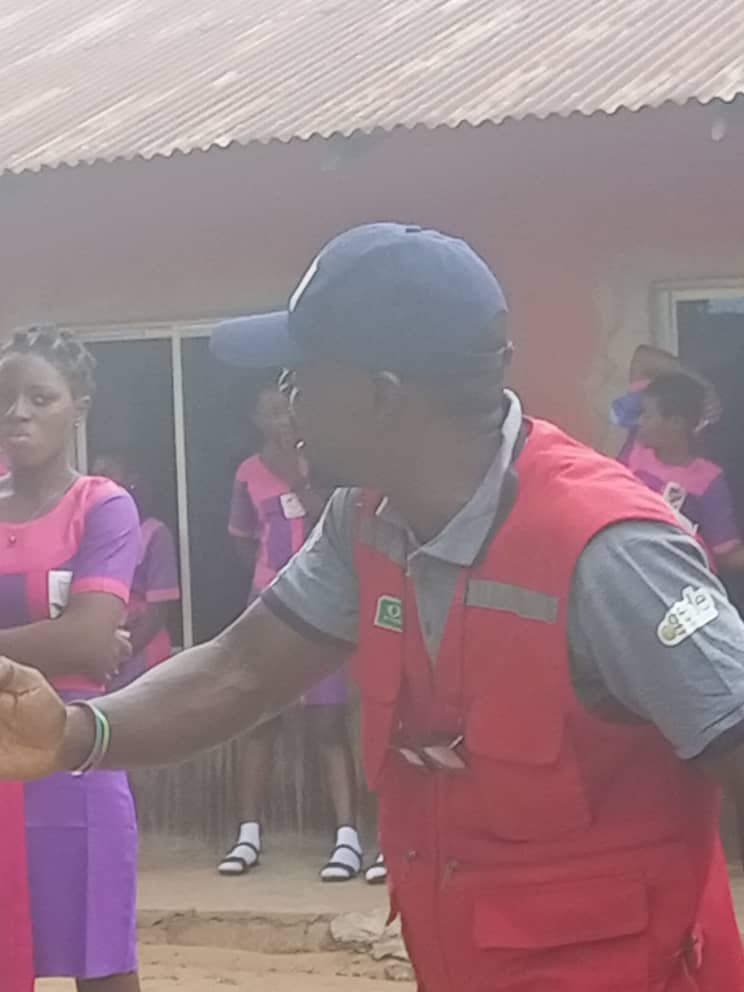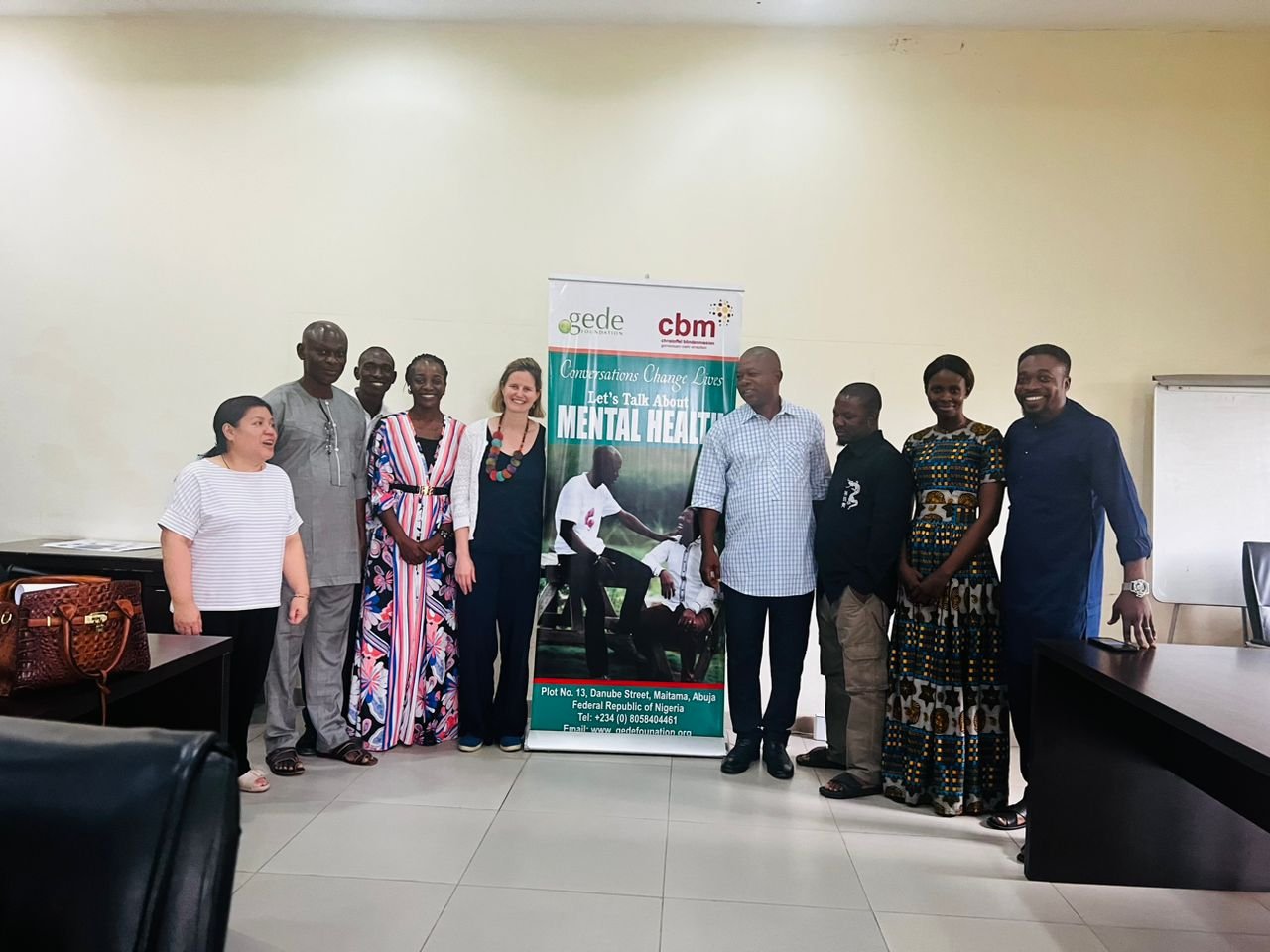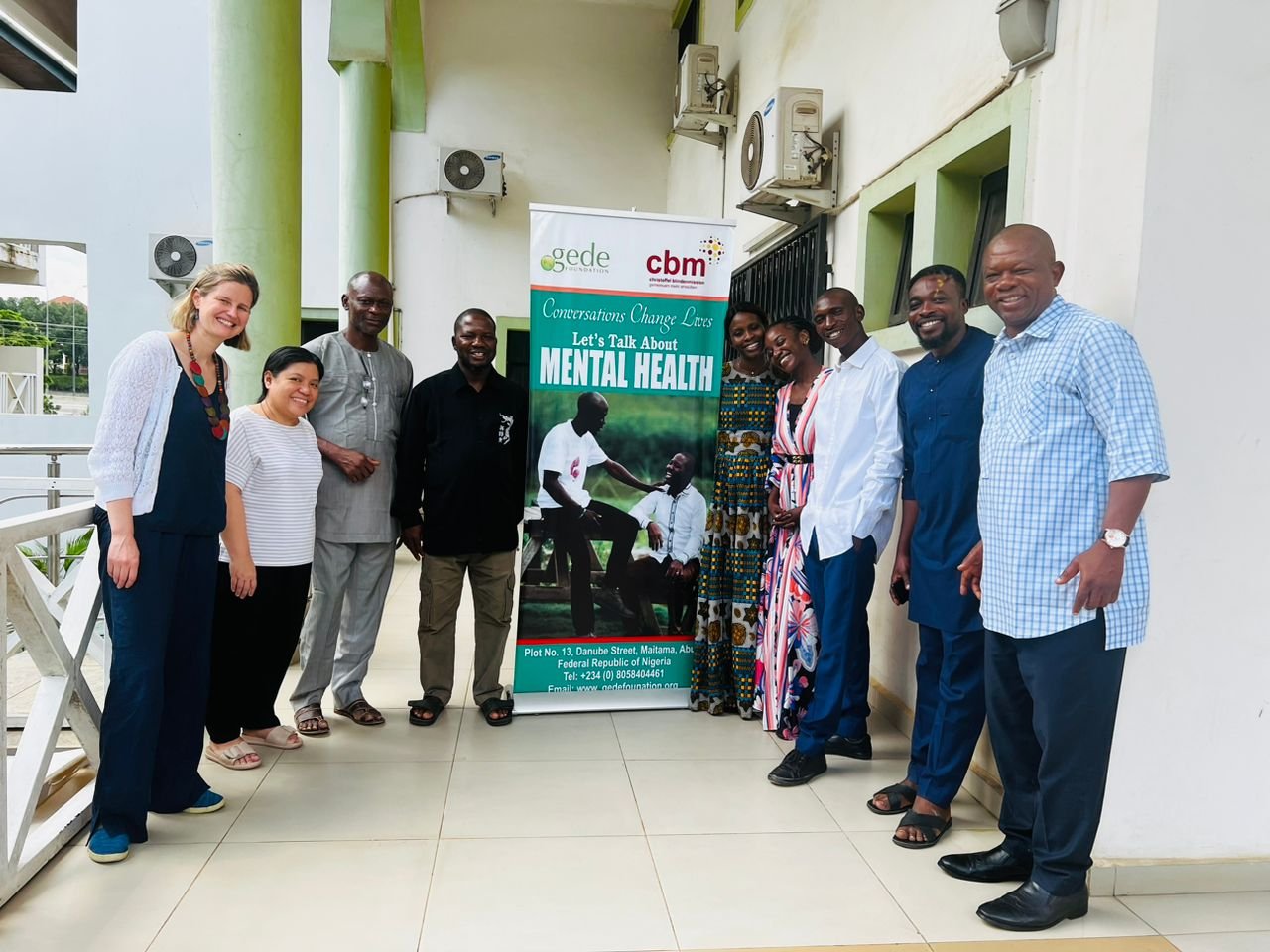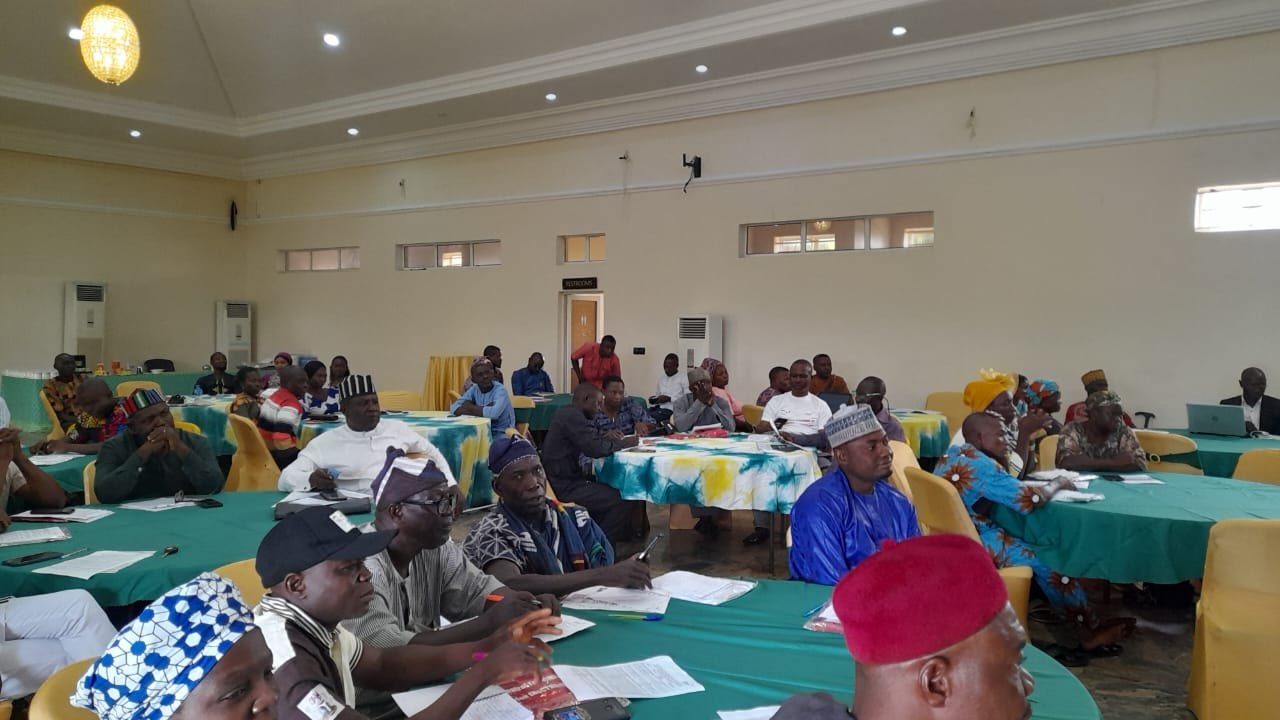By Patience Adejo and Saidat Azeez Saleh (Lead Writers)
Culled from Nigeria Health Watch
Mental health problems often stem from various challenges, including social issues related to loneliness or depression, environmental factors caused by stress, social exclusion, or exposure to violence, as well as psychological factors. In Plateau State, located in North Central Nigeria, an area renowned for its vibrant culture and thriving communities, a series of conflicts between farmers and herders have resulted in affected communities in certain parts of the state grappling with trauma, loss and displacement. Now, they face the daunting task of rebuilding their lives in unfamiliar surroundings. As a result, mental health concerns have arisen as a pressing issue, with survivors navigating the emotional and psychological impact of the conflict.
This reality has affected the lives of individuals living in the areas impacted by the crisis. In these turbulent areas, the profound impact of lives lost, property destroyed, and shattered homes have been made worse by the burden of mental health needs among internally displaced persons (IDPs) and communities. This sobering reality is illuminated by research conducted in Borno State following the Boko Haram insurgency.
The NoCTRAiN Project
Conflict and the displacement of people can have a significant impact on the mental health of communities, and several organisations, like Neem Foundation, the International Organization for Migration (IOM) and the United Nations Population Fund (UNFPA), have been providing mental health and psychosocial support services in IDP camps and in affected communities.
The North Central Transitional Aid in Nigeria (NoCTRAiN) project is one of these organisations, with the goal of providing assistance and support to individuals and communities in Nigeria’s North Central region who have been affected by crisis and violence. The provision of mental health services is a critical component of the NoCTRAiN Project.
Gede Foundation, a not-for-profit mental health organisation, implemented the NoCTRAiN Project in several Primary Health Centers (PHCs) across five local government areas (LGAs) in Plateau State: Riyom, Barkin Ladi, Bassa, Bokkos and Mangu LGA. The project, which started in 2019, was funded by the Christian Blind Mission (CBM).
The major goal of the project was to provide support, including mental health services, to those affected by crises who live in internally displaced camps and host communities. This was achieved by training local healthcare providers and community workers to deliver mental health services.
According to Mr Godwin Etim, Managing Director, Gede Foundation, “We successfully trained 85 healthcare workers, including doctors, nurses, and Community Health Extension Workers (CHEWs), in Plateau state. These healthcare professionals are now equipped with the knowledge and skills to provide evidence-based care using WHO’s mhGAP intervention guides.” Using this evidence-based tool, non-mental health professionals were trained to respond effectively to mental health concerns in their communities. This approach provided health workers with the knowledge and skill to identify mental health concerns, provide basic counselling, and refer individuals to specialised care when necessary.
Discussing the measures implemented to ensure that individuals in need of mental health support were reached and their needs met, Mr Etim said, “When we identify a community with displaced people, we begin active sensitisation on mental health, and we encourage them to seek help at the designated health facilities if they encounter any mental health challenges. At the facility, we made available medications for conditions such as anxiety, depression, and more. These medications are supplied to facilities where clients can access them at subsidised rates.”
Miriam’s story
Mr. Machak Tenti, a community mobiliser in Bokkos LGA, who was trained by the Foundation, told the story of Mariam, a resilient 30-year-old survivor of one of the farmer-herder clashes. Mariam witnessed the brutal murder of her entire family and was herself subjected to the trauma of sexual assault. Despite the fact that she could have sought refuge and support at an IDP camp, she chose to remain in her home, where the horrific events occurred, relieving the trauma. However, after learning of her situation, Gede Foundation stepped in and provided the necessary mental health support. With significant improvement in her mental well-being, Mariam has begun reconnecting with her peers in the community. She is one of the 2,037 people who have benefited from the mental health support provided by the NoCTRAiN project.
Mariam, like many other beneficiaries, is a member of a self-help group led by community volunteers. It provides a forum that enables beneficiaries to discuss and share their experiences. “Sharing these experiences helps to encourage and support one another. It also allows us to reach out to those who may be unaware of the available services, ensuring that individuals with similar conditions are informed about accessing medications”, said Tenti. He went on to say that for people with disabilities who are unable to access care, dedicated volunteers regularly check up on them to offer support and ensure they receive the necessary care.
However, the conflict in the region created a volatile and unstable environment, making it difficult to reach the communities at times. This, according to Mr Etim, was a significant challenge they encountered while implementing the project. “Task shifting is also a significant issue due to the absence of permanent professional health personnel at the PHC, necessitating reliance on community volunteers. This presents challenges when integrating the mental health project into an already overwhelmed system with limited staff capacity,” he added.
Ensuring sustainability
To address the long-term nature of mental health care, the NoCTRAiN project established a drug-revolving fund (DRF) system in which medicine purchases at healthcare facilities were collected and transferred to the Gede Foundation. These funds were then used to replenish the drug supply at the facilities, ensuring consistent availability of medications. This approach effectively ensured that future patients would continue to benefit from the intervention without interruptions. When the project concluded in May 2023, management of the DRF was transferred to the primary healthcare centres, empowering them to continue the programme.
While initiatives like the NoCTRAiN project are bridging a critical gap, they are often short-term. Integrating mental health services into primary health care will strengthen Nigeria’s mental health care system, ensuring improved access, early intervention, and better outcomes for people with mental health concerns in the country. The recent passage of the Mental Health Bill provides an ideal opportunity to put this into action, especially as it has a strong community-based focus and aims to ‘ensure a better quality of life through access to integrated, well planned, effectively organised and efficiently delivered mental healthcare services in Nigeria’.
Culled from Nigeria Health Watch

